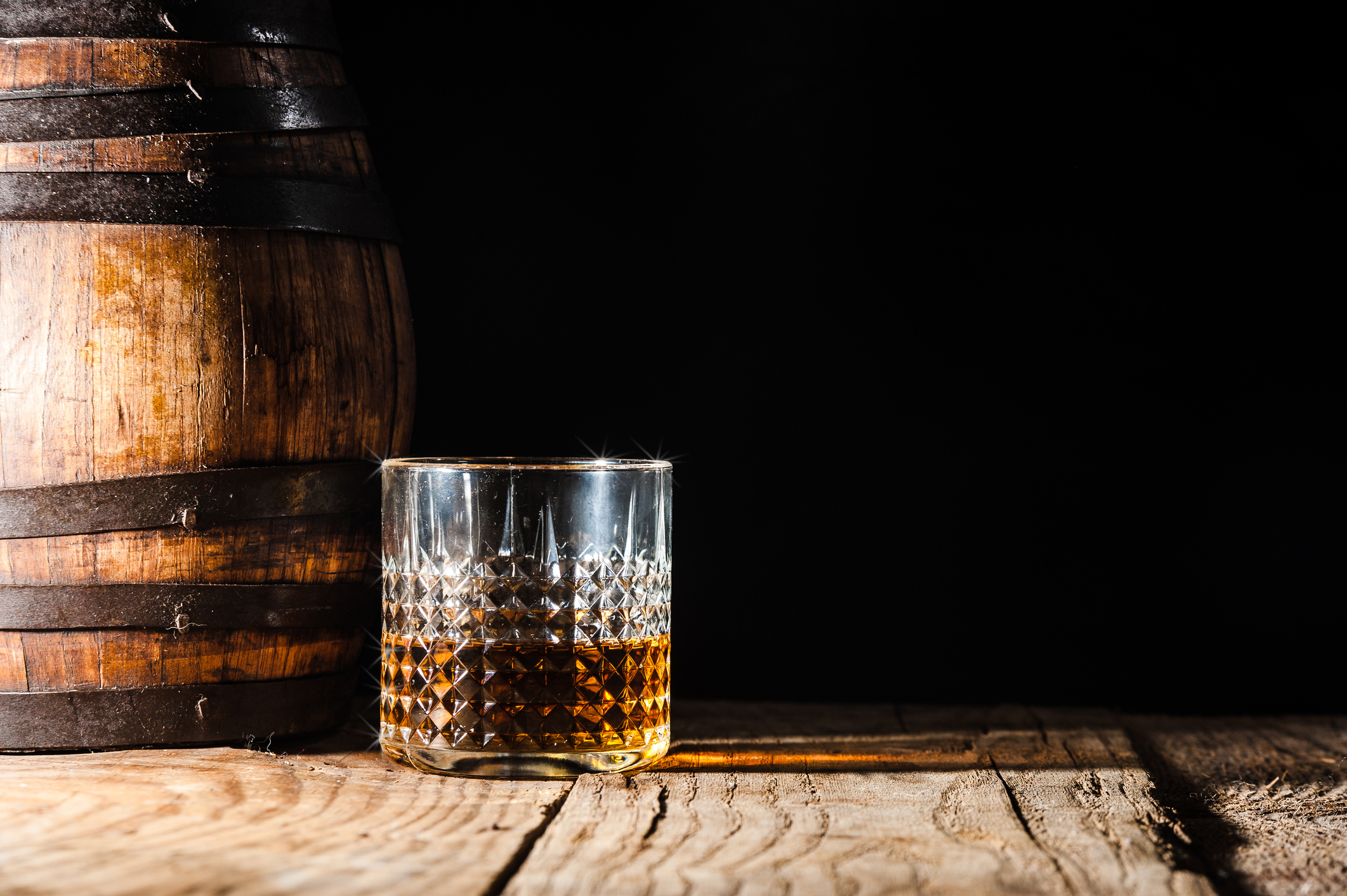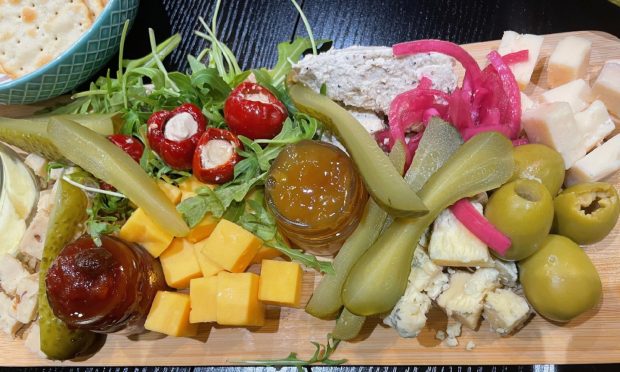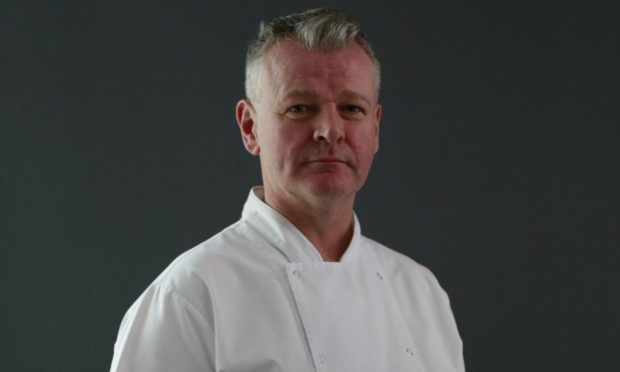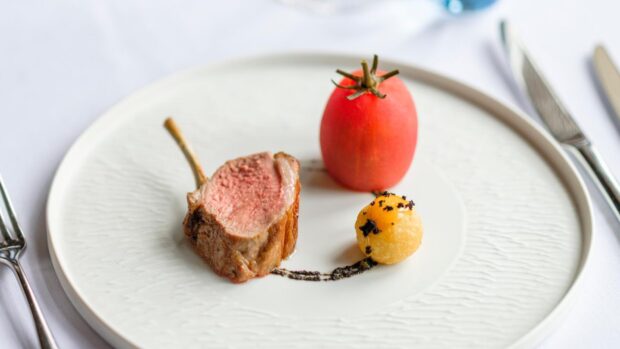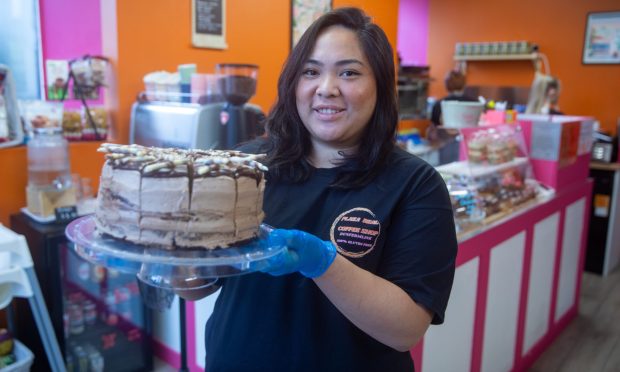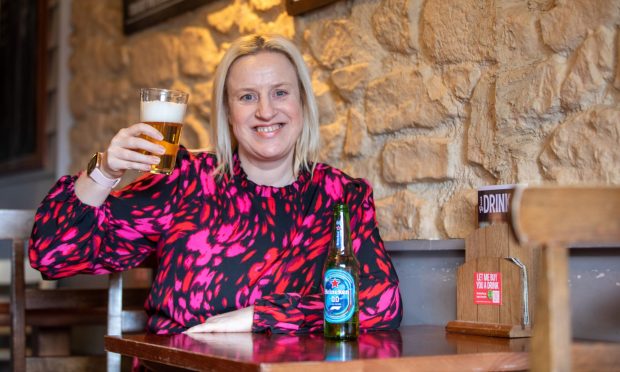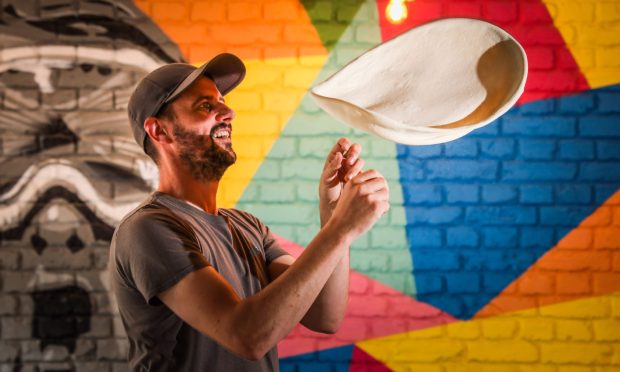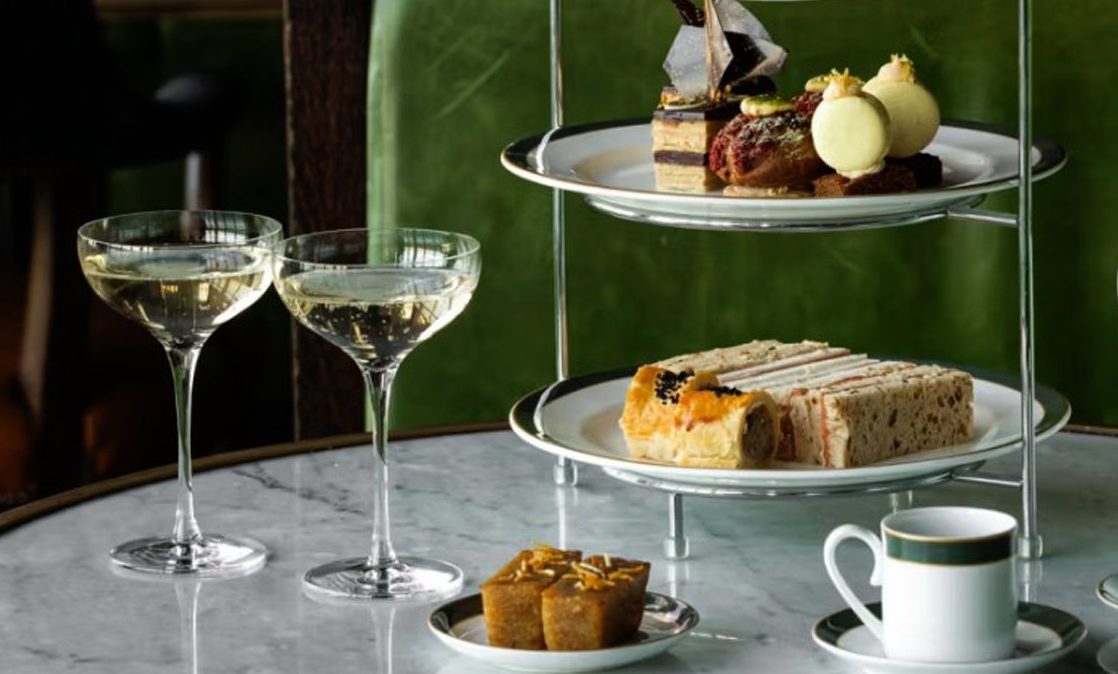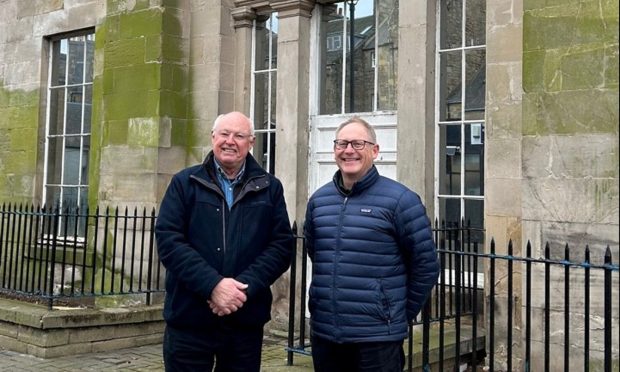It is a fact that governments, in the UK and elsewhere, are increasingly attracted to what one might call “consumption taxes” instead of direct ones such as income tax. And in Britain, arguably the number one consumption tax after VAT is the excise duty on alcohol.
No surprise, therefore, that in the Chancellor’s March Budget, up went the excise duty on whisky and other spirits, despite extensive lobbying by the Scotch Whisky Association to cut duty. Since then, the duty plus VAT on a 70cl bottle of 40% abv whisky is a thumping £10.32. That means you pay HMRC £10.32 tax just on the alcohol alone, before you pay for the whisky itself, the bottle and all the other contributory costs, plus VAT on those.
Prices did not rise immediately, as doubtless the retail trade took a lot of stock out of bond because many anticipated the Budget rise. But prices are inexorably going up, not just on whisky and UK-distilled spirits but even more on imported ones, as the sinking pound sterling pushes up import prices. And be prepared for far worse if we keep frog-marching towards a hard Brexit.
Hence in the current financial and political climate, I am not surprised that Spain remains a top holiday destination for ever more Brits. Although its main lures are sea, sunshine and keen package tour prices, one of its key attractions is the low price of drinks.
That in a way is a mixed blessing, sometimes even a curse, as too many younger Brits head there just to drink all night and sleep all day. However, the older generation appreciates Spain for more sensible reasons, hence so many Brits spend months on end there or live there permanently.
Many go there in motorhomes: along parts of the Med coast, unending lines of them sit like fish fingers on campsites and every vacant acre of seafront scrubland. Doubtless there’s a weekly drive or cycle to the local supermarket to stock up on beer, wine and spirits at prices that to Spanish eyes are unremarkable but to British ones are eye-poppingly low.
